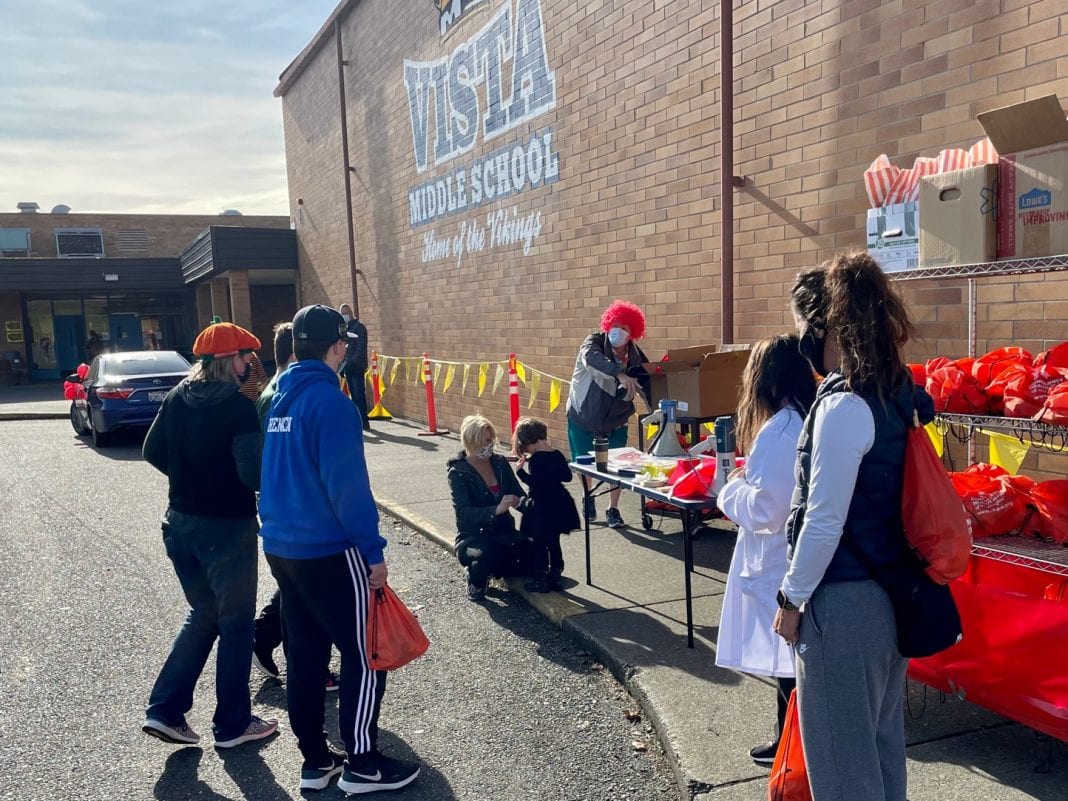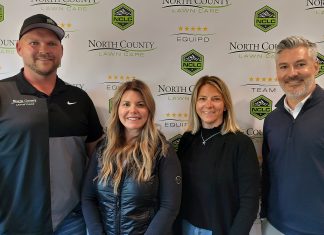The days are shorter, the nights are longer, and we’re all spending a lot of time indoors. It sounds like a typical Whatcom County fall and winter, but this year it’s a little different. As we learn to adapt to COVID-19 guidelines and public health recommendations, it’s important to keep in mind not only physical health, but mental and emotional health, as well.

On dreary days, I often find myself staring wistfully out the window, wondering what it’s like to live in California. I ask all my friends for their passwords to Netflix, Hulu, HBO, and any other streaming service that could offer a glimpse of a sunnier world. I’m not alone in this. This season often comes with the “winter blues,” as well as Seasonal Affective Disorder (SAD).
In years past, I and many others have coped with the rainy season through gatherings with friends and family, travel, going to concerts or other events, and throwing ourselves into work. Of course, COVID-19 precautions make most of this unavailable. As we all work hard to protect ourselves, our loved ones, and our community, we still need to make sure we’re tending to our mental and emotional health, as well as that of our neighbors.
Joe Fuller, a program specialist with the Whatcom County Health Department, coordinates behavioral health services across Whatcom County that primarily address youth and their families. He partners with all seven school districts, supports counselors, and coordinates multiple prevention coalitions throughout the county. The most rewarding part of all this? “It’s pretty simple,” Fuller says. “It’s about helping people, and helping people access services that improve their lives—helping young people thrive and families function better.”

Though Fuller’s work focuses on youth, his advice and expertise can help anyone struggling with mental or emotional health, especially during this time of community and global crisis. “The State Department of Health has provided us with a behavioral health forecast, which helps us map out how we look ahead,” Fuller explains. “We expect some increases in anxiety and depression. One of the outcomes of the pandemic has been increased isolation. When that happens, it just has an effect on those conditions.”
It’s important that people continue to find ways to stay connected within the current public health recommendations. “What we know from prevention research is that even if someone has a lot of risk factors, connection to one healthy individual makes a huge difference,” Fuller says. Maintaining these vital connections is more important now than ever, even if many of them are virtual.

For young people, adults, and caregivers, stress management is key when it comes to maintaining connections, hope, and joy. “I have a second and sixth grader,” Fuller says, “and managing a workload while trying to support their remote learning at the same time is hard.”
Easing stress looks different for every individual and every family. It can include things like exercise, art, self-care, meditation, and breathing exercises. It can be making intentional time to call friends or family and check in, say hi, and catch up on your days—despite the distance.
Fuller also recommends putting away those screens. “Take a break from the media,” he advises. “People can get fatigued.” When the news cycle gets to be too much, turn off the phone or close the computer and step outside. Whatcom County has abundant trails and opportunities to be in nature, whether that’s through biking, hiking, exploring, or walking on the beach.

The University of Washington emphasizes healthy routines, taking intentional breaks, kindness, and compassion to help mitigate COVID-19 related stress. The Whatcom County Health Department and Whatcom Unified Command also have great resources for individuals and families seeking mental and emotional health support. After all, things get easier when we know we’re not alone and that we’re all in this together.
“It’s not all doom and gloom,” Fuller reassures us. “Students and families are building resilience over this time.” And when we build resilience, we’re able to come back from difficulties with greater ease. Everybody has unique stressors in their lives, but we’re also all currently living with the same one. And although COVID-19 has taken a toll on our collective mental, emotional, and behavioral health, we have also created new ways of bringing meaning and happiness into our lives.
Sponsored












































